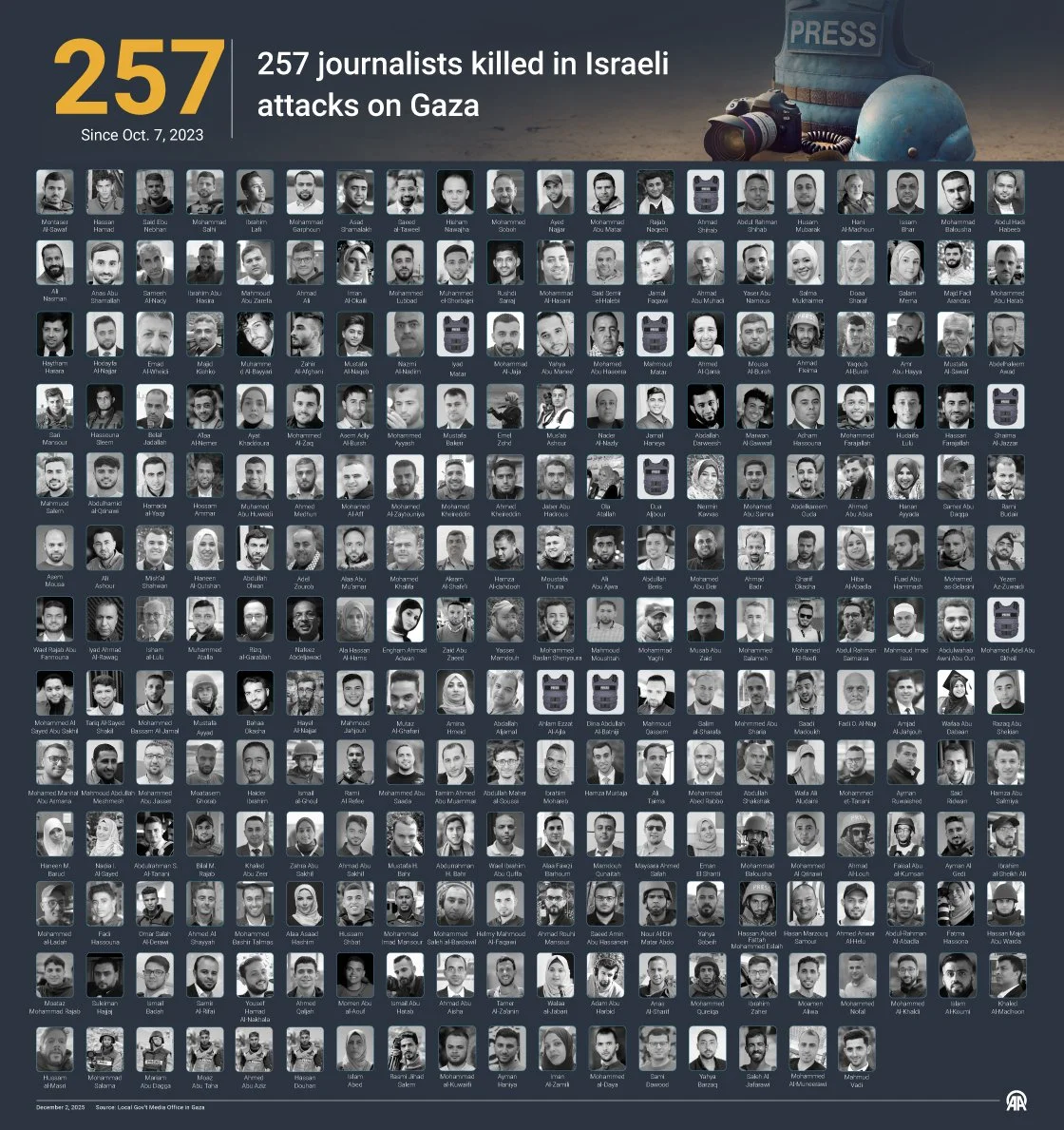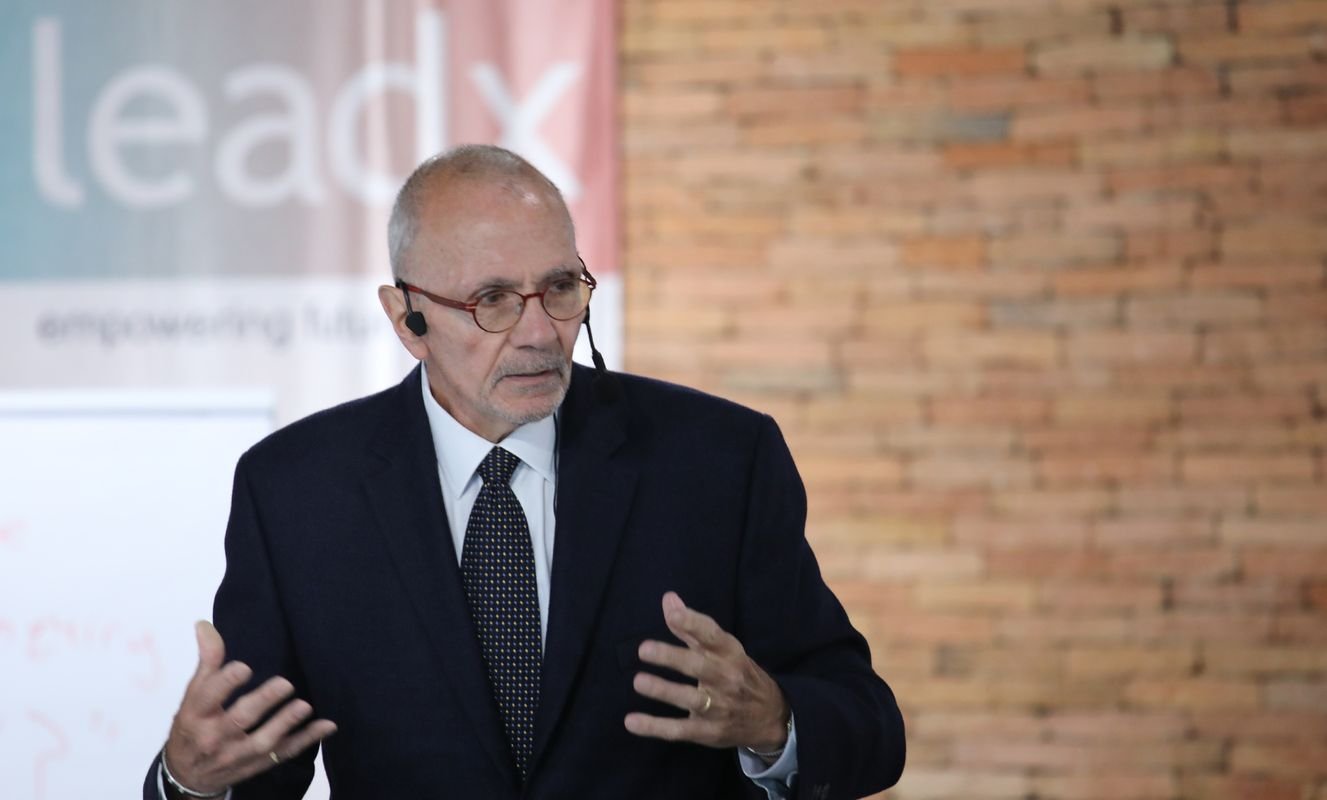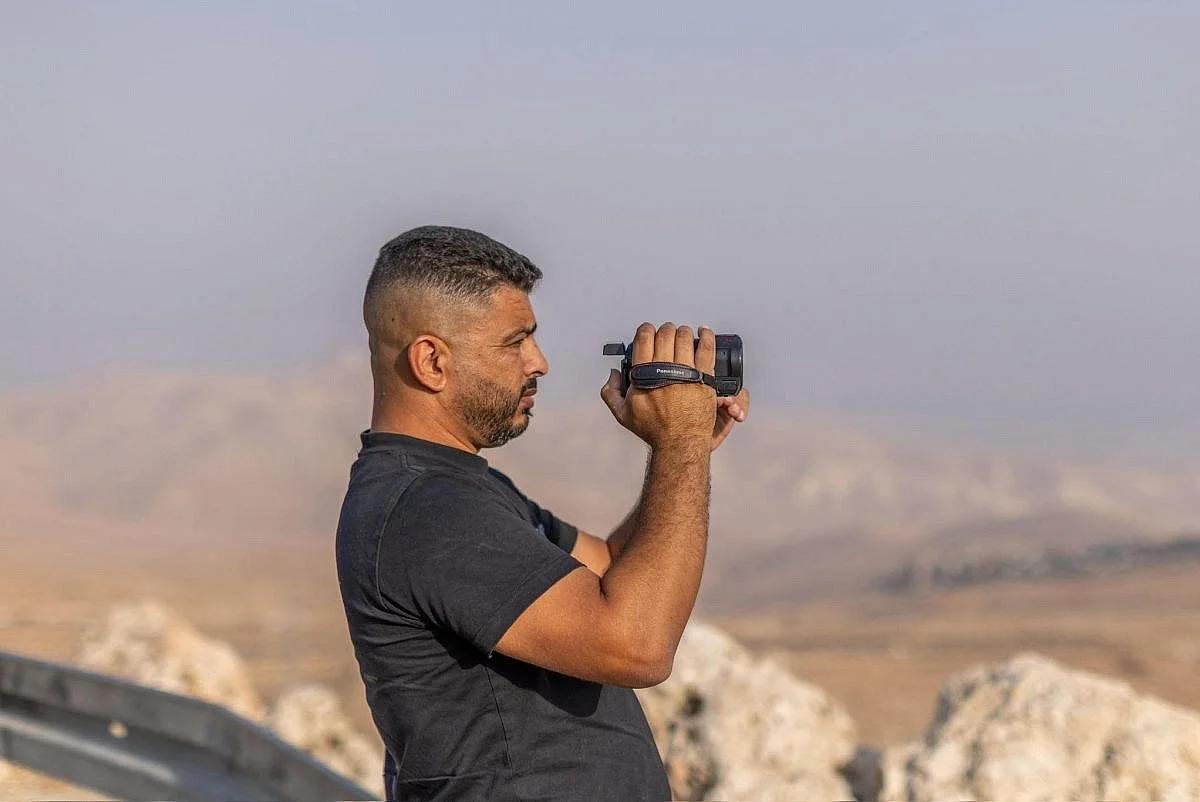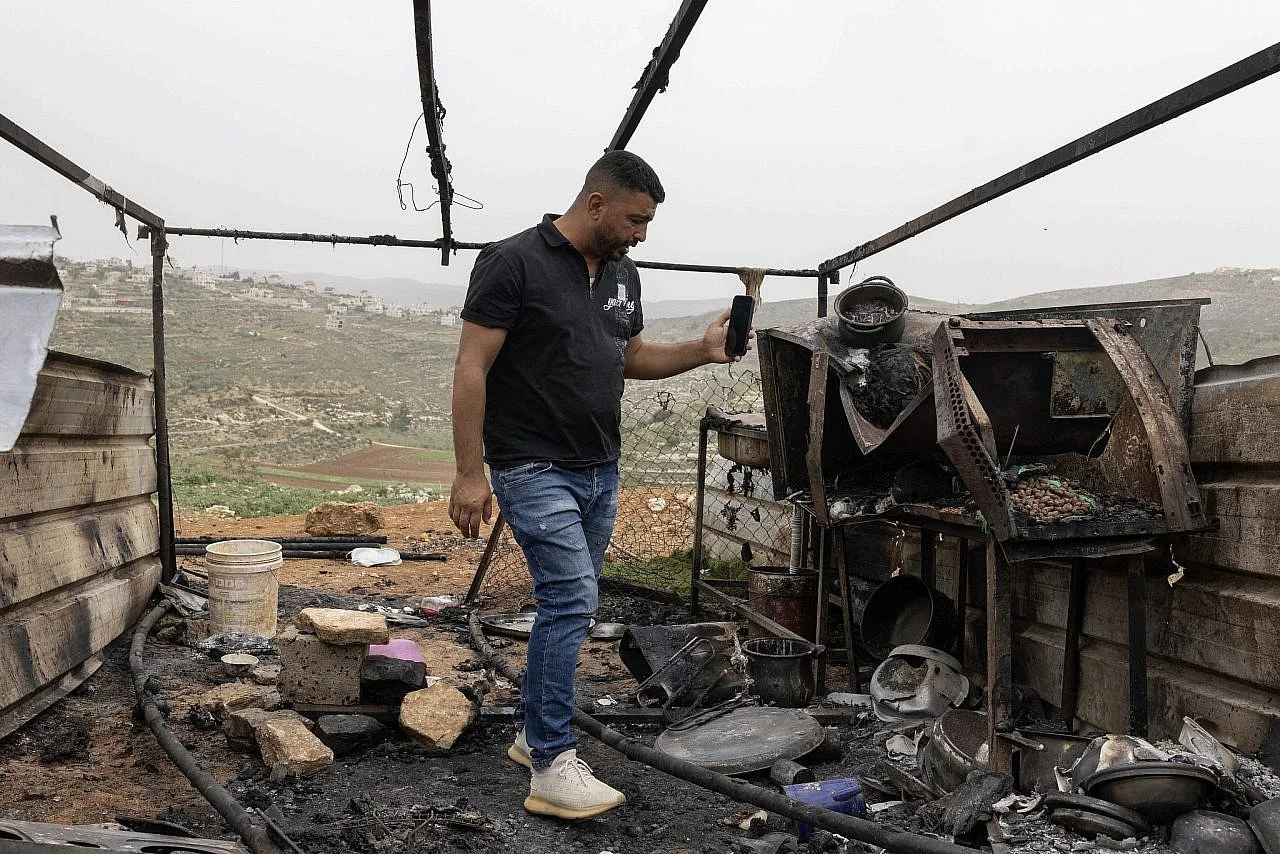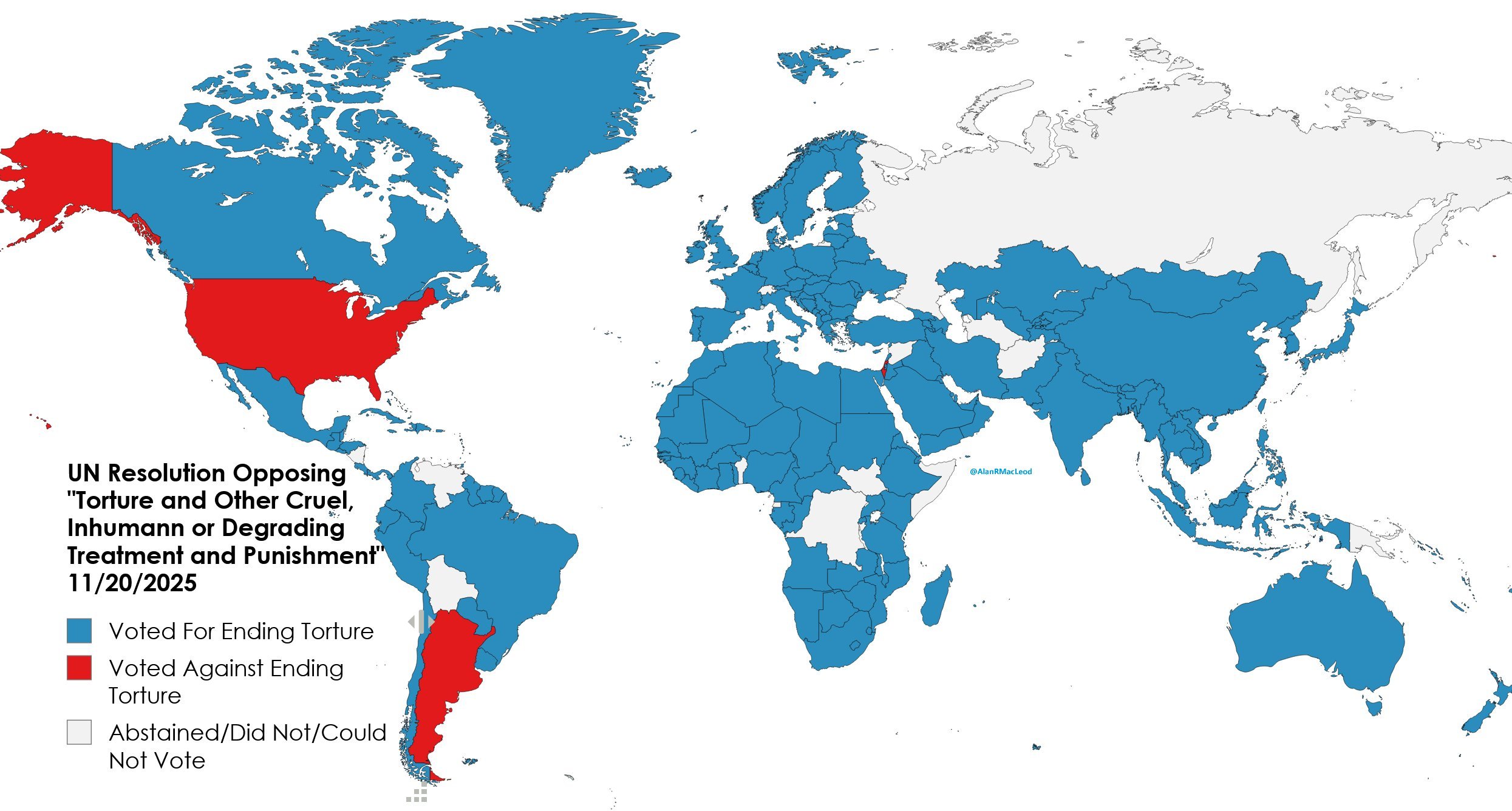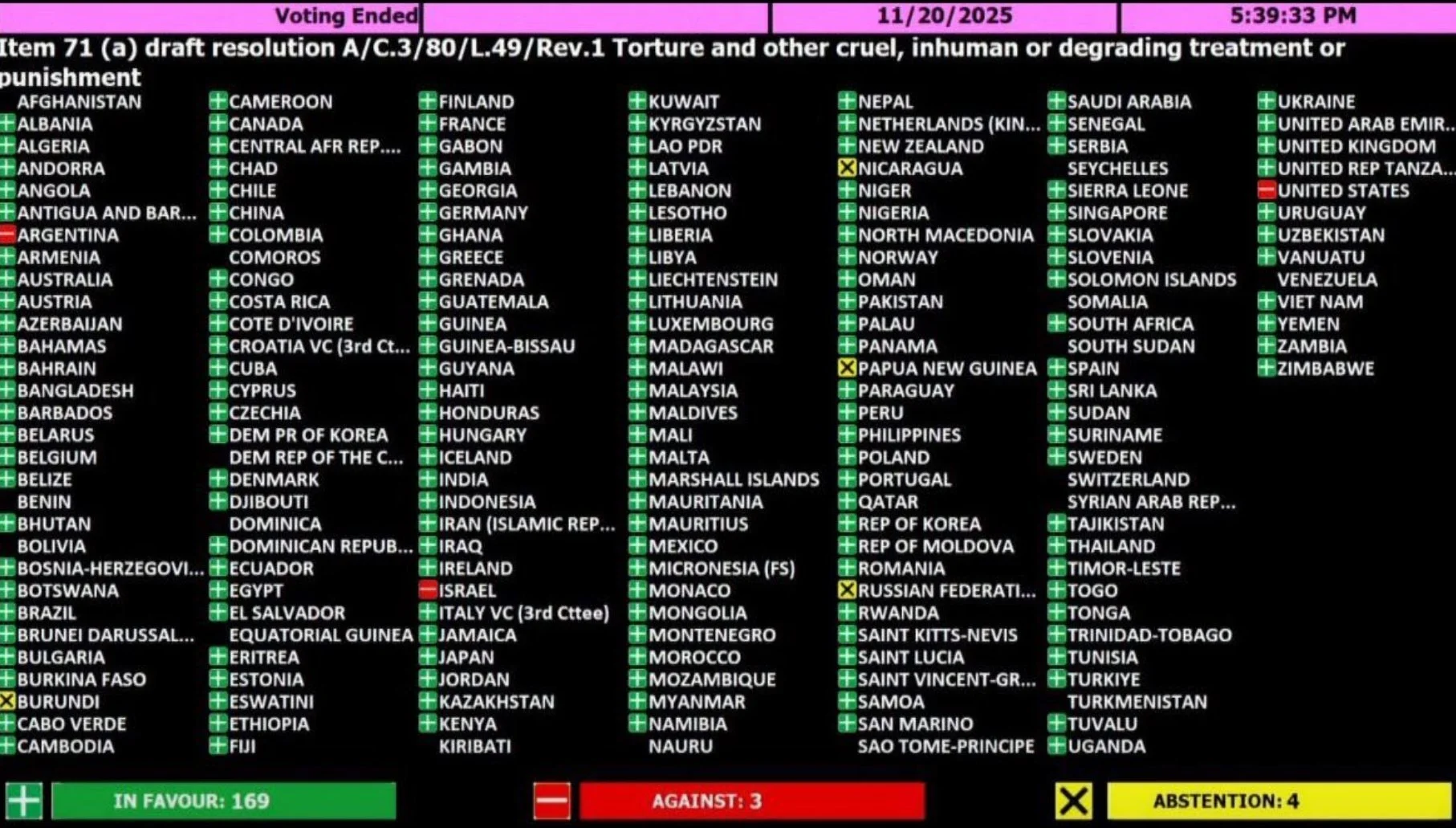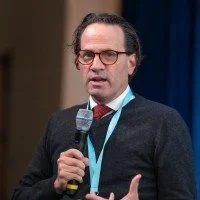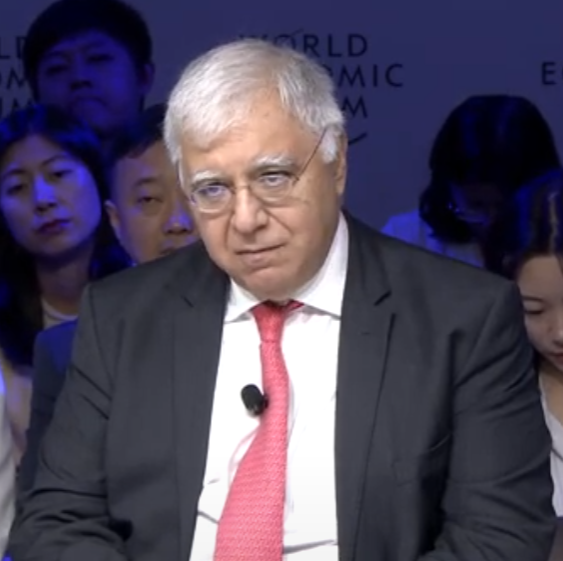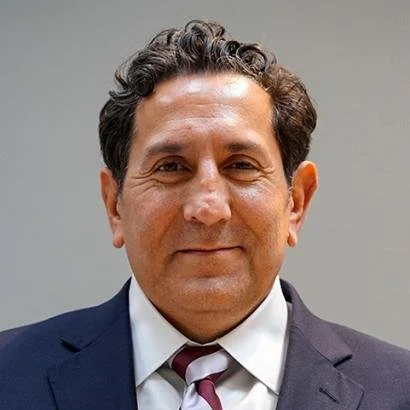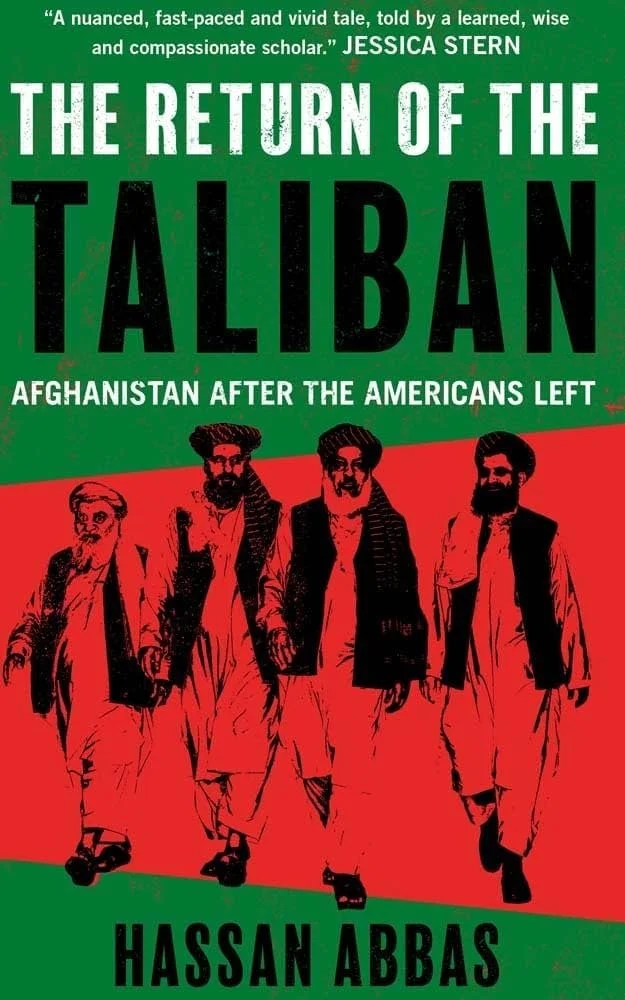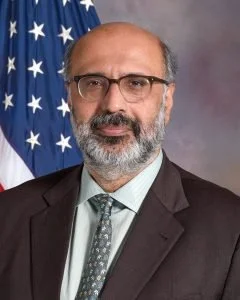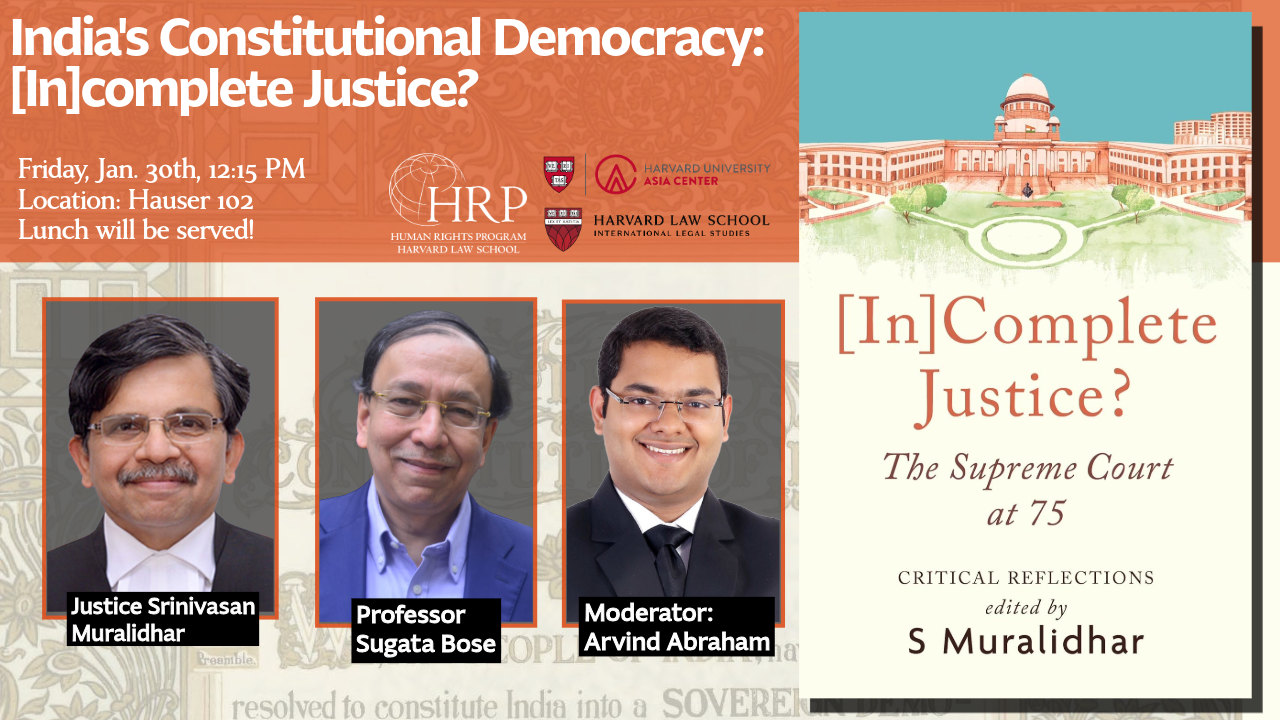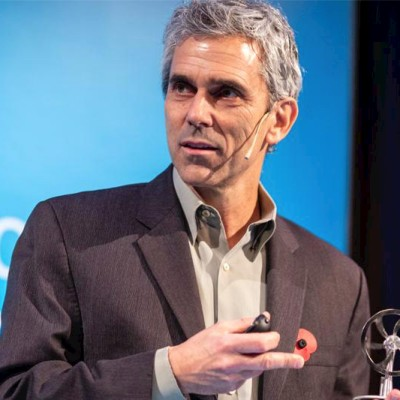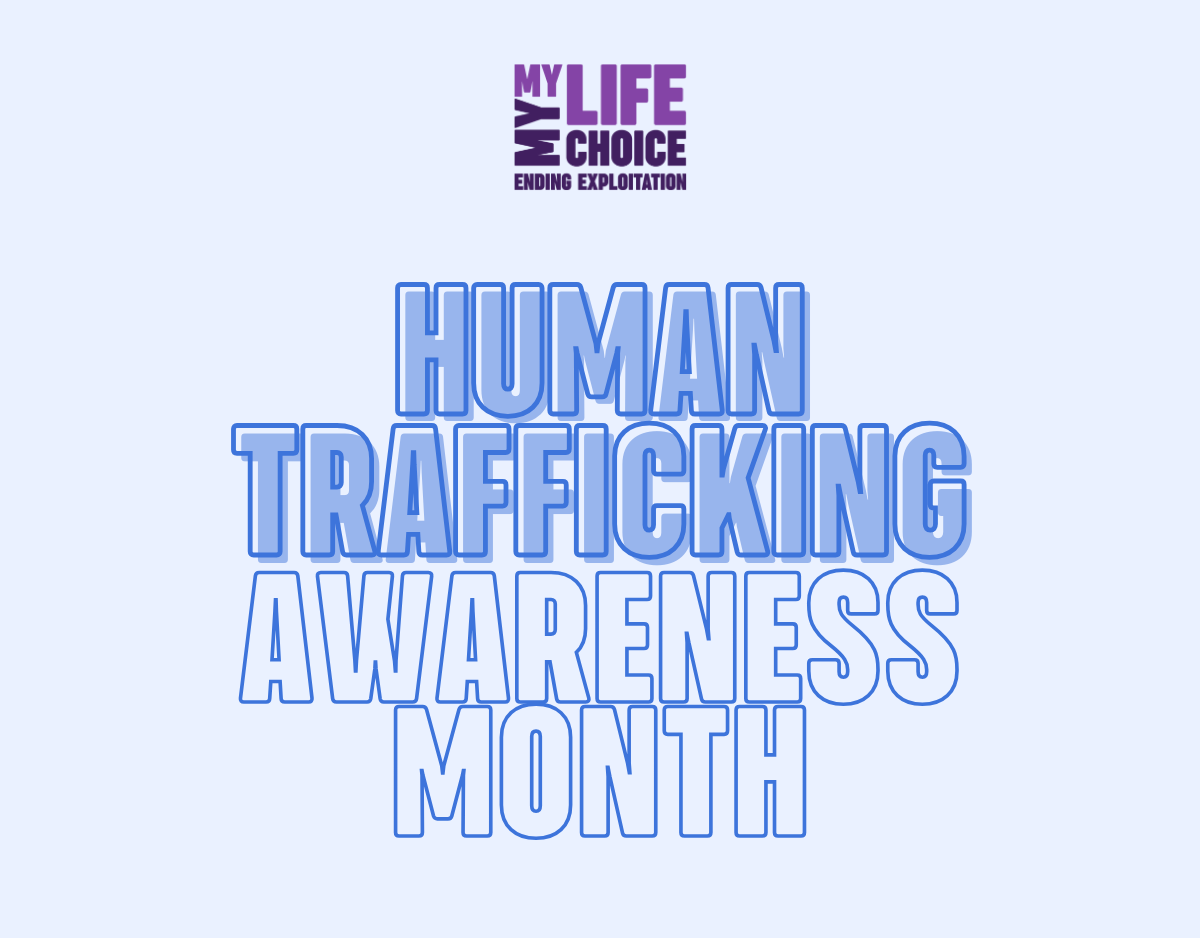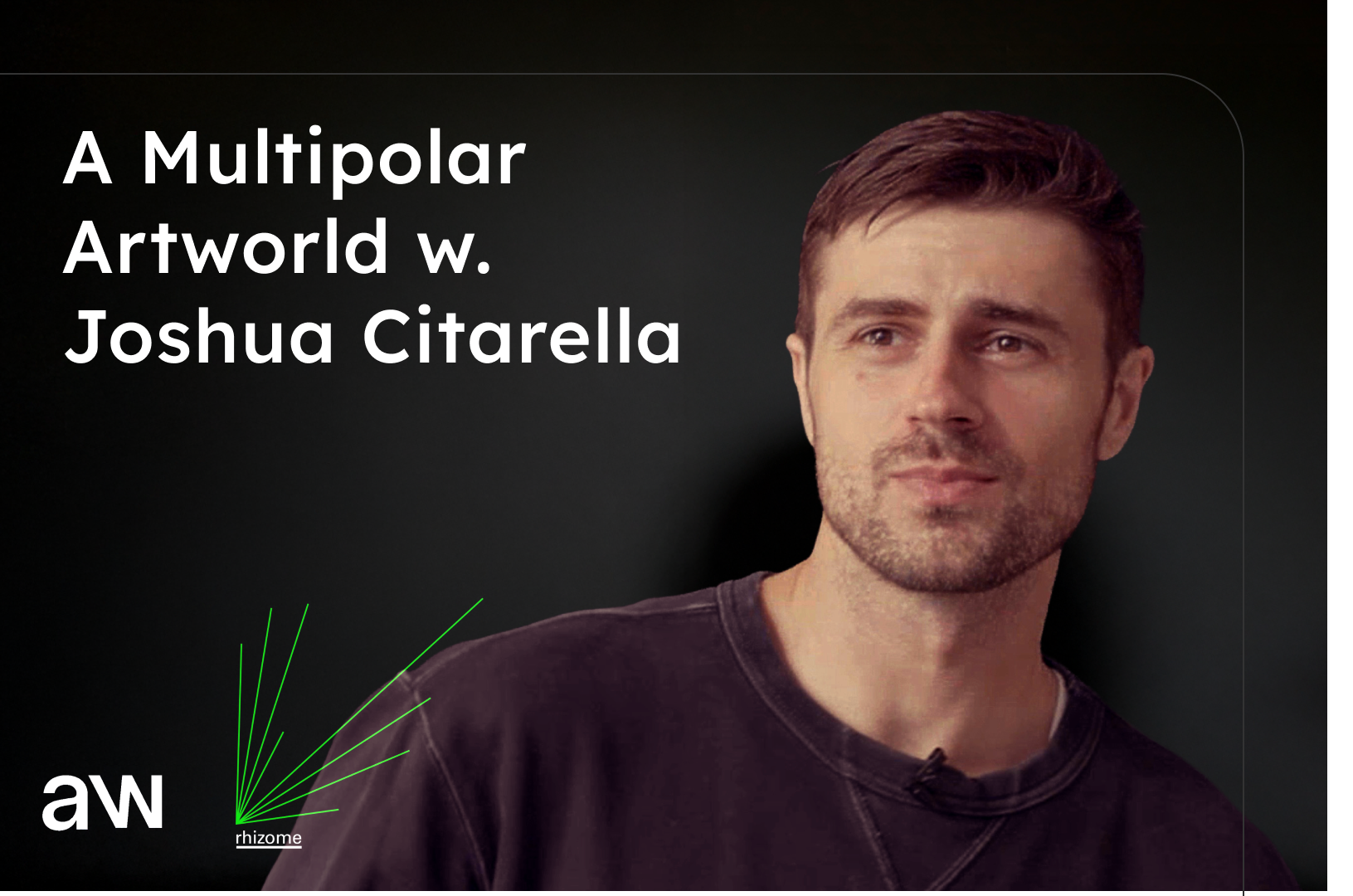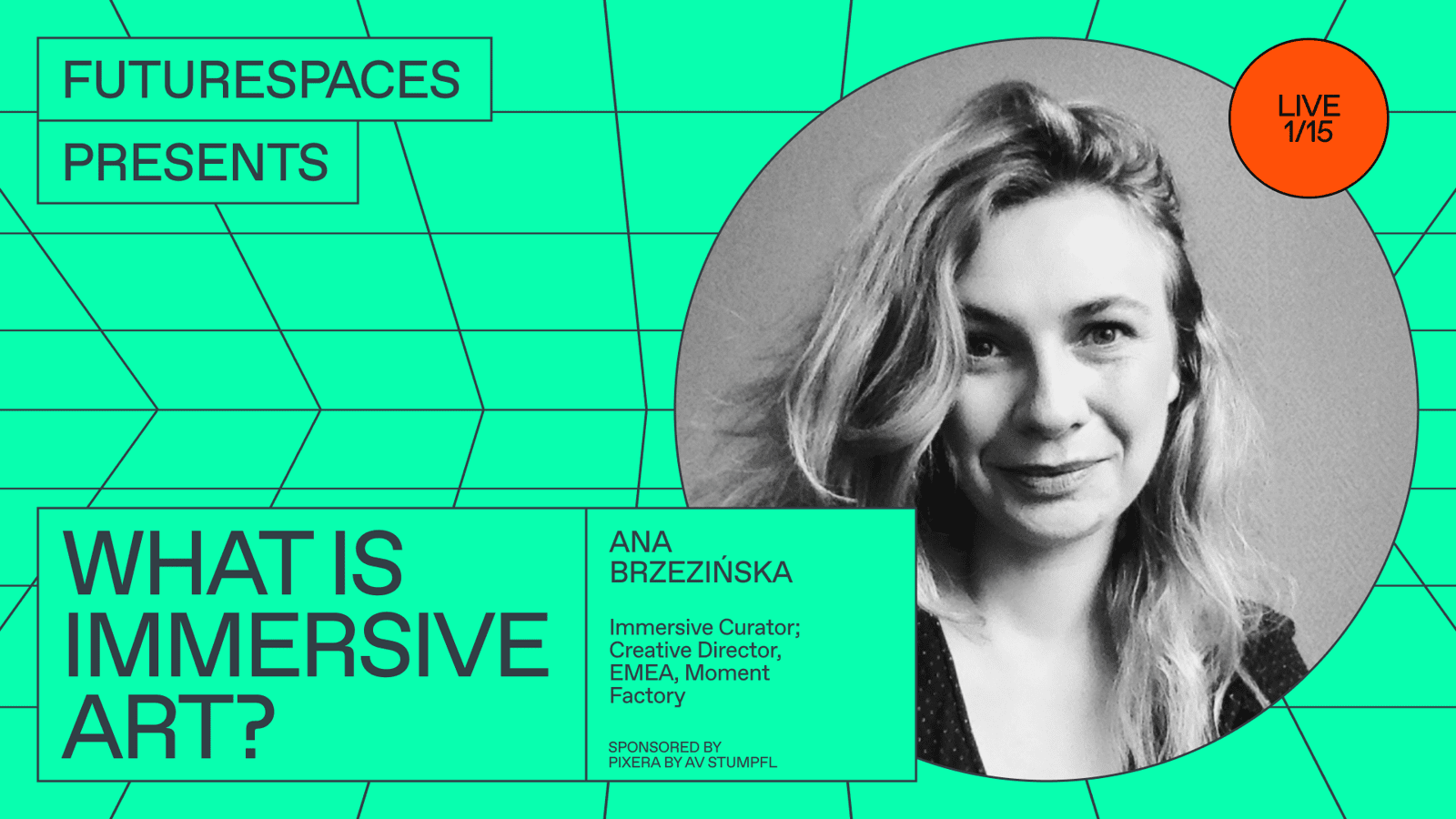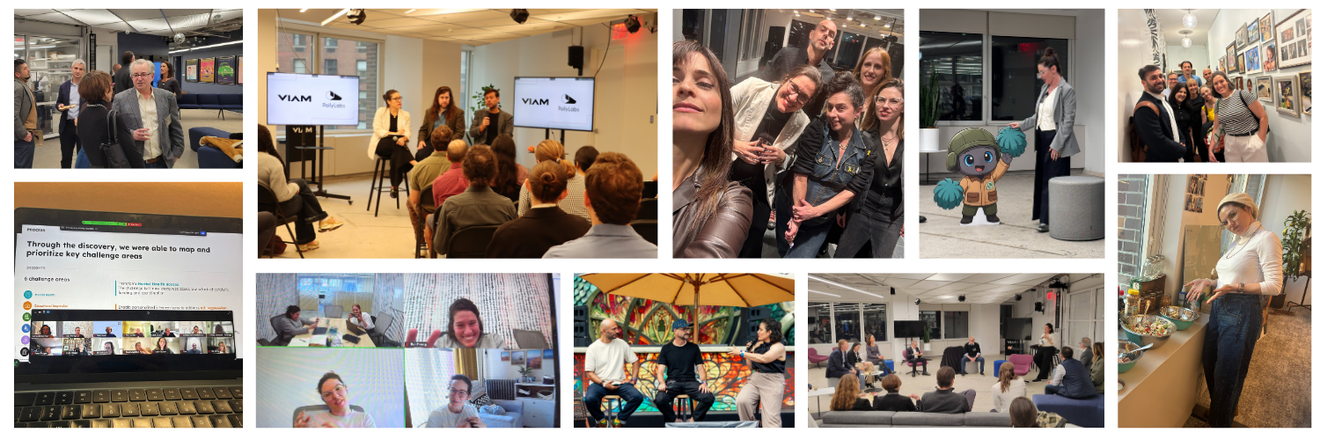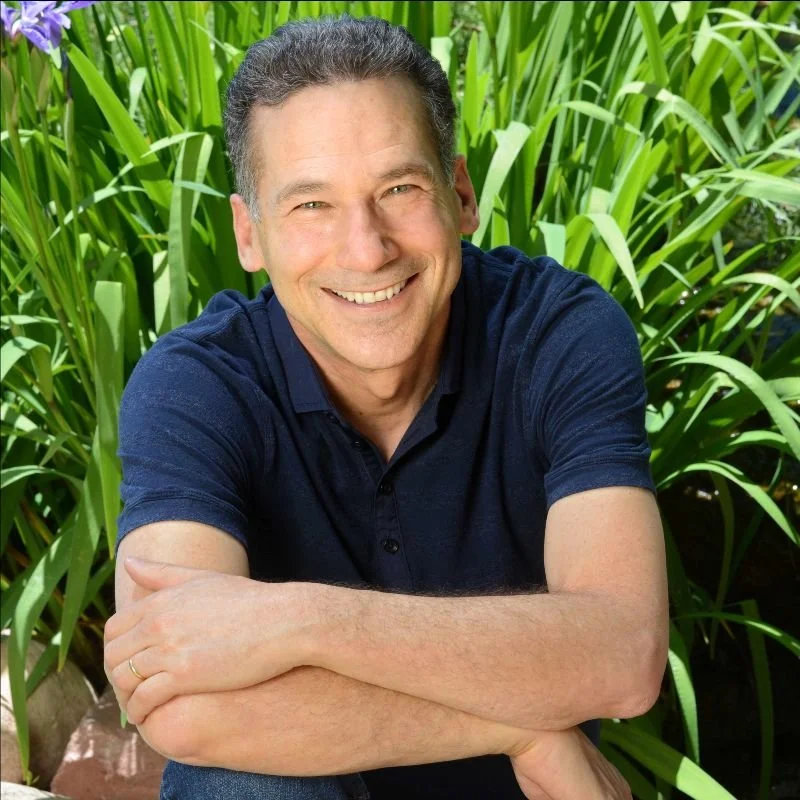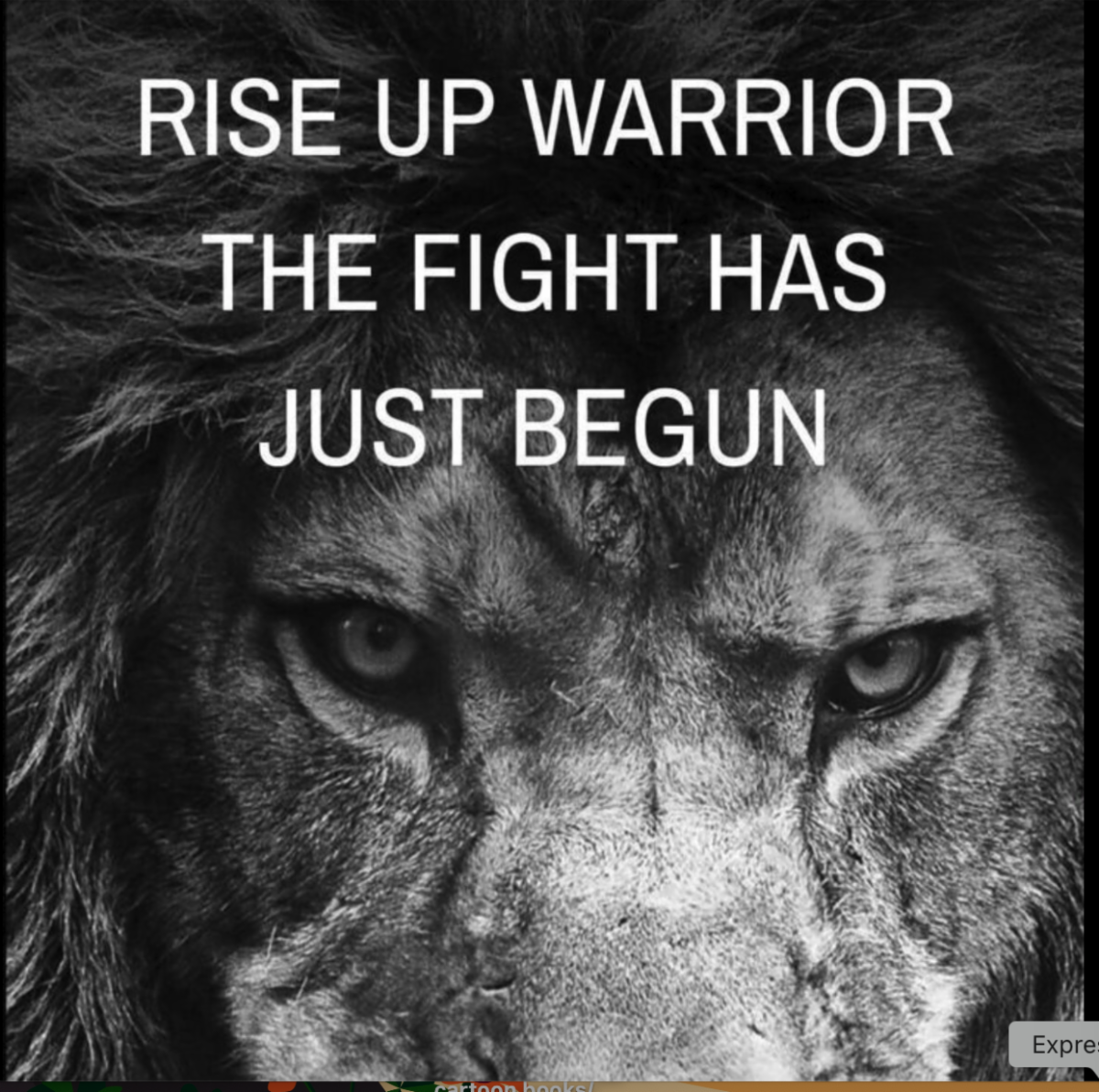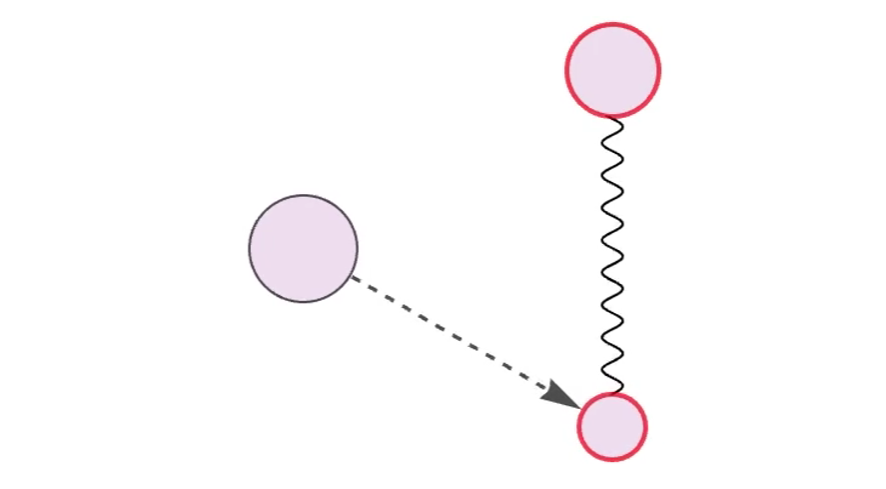Key Developments Reported Across Gaza, Jerusalem, and the West Bank
A range of political, humanitarian, and economic developments were reported this week across Gaza, occupied Jerusalem, and the West Bank, reflecting the continued escalation of displacement, military measures, and worsening civilian conditions.
Gaza War Cost Reported at $110 Billion
According to Haaretz, citing the Israel Bank, the financial cost of the Gaza war has reached $110 billion, underscoring the scale of economic strain alongside the ongoing humanitarian catastrophe.
Evictions and Displacement in Jerusalem
Reports from the Occupied Jerusalem Bulletin on Friday (2 January 2026) indicate what observers describe as the largest coordinated displacement wave in Jerusalem since 1967. More than 130 Palestinians in Silwan, south of Al-Aqsa Mosque, are facing imminent eviction following a ruling by Israel’s Supreme Court.
In Batn al-Hawa, occupation authorities reportedly issued evacuation decisions affecting Palestinian-owned buildings, while the Jerusalem Municipality has begun distributing notices in Al-Bustan aimed at seizing land for redevelopment into public parks and parking areas serving settlers.
Continued Demolitions Across Historic Palestine
Channel 12 reported that in 2025, Israeli authorities demolished approximately 5,000 homes in towns inside Palestine, marking a 300 percent increase compared to previous years. Observers warn that demolition policies and settlement expansion continue to reshape Palestinian communities through forced displacement.
Humanitarian Crisis Deepens in Gaza
International and UN reports state that one million people in Gaza are in urgent need of shelter assistance. The situation has been exacerbated by extreme winter weather, with heavy rain and freezing winds impacting displaced families living in tents.
One incident highlighted the severity of these conditions: a fire broke out inside a tent after a mother attempted to light a candle for warmth, resulting in the death of a woman and child and injuring another child.
Prisoners, Detentions, and Escalating Rhetoric
The number of Palestinian prisoners sentenced to life in Israeli prisons has reportedly risen to 116, while the occupation continues to detain the bodies of 51 Jerusalemite Palestinians since 1967.
Meanwhile, Israeli political rhetoric has drawn attention, including statements by officials asserting claims over Gaza and the West Bank, and reports of extremist settler simulations depicting the demolition of Al-Aqsa Mosque.
The UN has also called on Israel to abandon draft legislation concerning the execution of Palestinian prisoners.
Regional and International Reactions
International concern continues to grow. Eight Arab and Islamic countries issued warnings over the deteriorating humanitarian situation in Gaza, particularly under worsening weather conditions and restricted aid access.
Public figures, including actress and activist Angelina Jolie, have also spoken out, describing Gaza’s suffering as beyond description while visiting humanitarian operations near Rafah.
Ongoing Violence and Settler Attacks
Reports this week included renewed settler militia attacks in multiple West Bank communities, with injuries reported near Bethlehem and Tubas, and continued incursions in areas surrounding Ramallah and Salfit.
Residents in Nour Shams camp near Tulkarm reported large-scale demolitions, with 25 buildings destroyed over several days, displacing hundreds.
Related articles:
Report Highlights Rising Journalist Death Toll in Gaza
A recently circulated memorial image reports that 257 journalists have been killed in Israeli attacks on Gaza since October 7, 2023. The graphic presents a large collection of portraits, underscoring the scale of journalist fatalities during the ongoing conflict.
The figure reflects the growing risks faced by media workers operating in Gaza, where reporting conditions have become increasingly dangerous amid sustained military operations and severe humanitarian disruption.
Journalists in Conflict Zones
Journalists play a central role during war by documenting events on the ground, providing information to local and international audiences, and recording developments that may otherwise remain inaccessible. In Gaza, reporters have continued working under extreme conditions, including infrastructure collapse, displacement, and limited access to safety and medical support.
The reported death toll highlights the vulnerability of press workers in active conflict environments.
Press Freedom and Access to Information
The large number of journalist deaths has raised broader concerns among press freedom organizations and international observers about the ability of media to operate safely. When journalists are killed, the flow of independent information is reduced, limiting documentation and public visibility during crises.
Ongoing Global Attention
The image serves as both a statistical summary and a visual record of those lost, drawing renewed attention to the human cost of war for those tasked with reporting it.
As the conflict continues, journalist safety and the protection of civilians, including media workers, remain central issues in international discussions.
Remembering Professor Richard H. Shultz, Jr.
We share with deep sadness the passing of Professor Richard H. Shultz, Jr., Senior Advisor to LEADx and longtime Director of the International Security Studies Program at The Fletcher School of Law and Diplomacy, Tufts University.
Professor Shultz was a defining figure in the field of security studies, and a foundational supporter of the leadership mission that LEADx has carried forward from its earliest days.
A Foundational Presence in the LEADx Community
From the first conversations in 2019, when LEADx was still only an ambitious idea, Professor Shultz believed deeply in its purpose. He recognized the need for a space dedicated to cultivating leaders with clarity, integrity, and courage.
He helped shape LEADx’s founding vision, traveled to Tbilisi for its inauguration, and continued to strengthen each edition that followed. Many within the LEADx network learned directly from his mentorship, wisdom, and guidance. Even when he was not physically present, he remained a steady advocate for the mission and the community.
LEADx mementos held a proud place in his history-filled office, reflecting how personally he valued this project and the people within it.
A Lasting Legacy in Security Studies
Over more than four decades at Fletcher, Professor Shultz helped define the discipline of security studies and shaped generations of scholars and practitioners. His influence continues through the institutions he built and the individuals he mentored, many of whom now serve in governments, universities, organizations, and missions around the world.
Carrying Forward His Example
When words fall short, LEADx often speaks in jazz. In that spirit, Professor Shultz has been described as the community’s John Coltrane: disciplined, foundational, and defining. Through rigor, depth, and clarity, he elevated those around him and made complexity feel purposeful and alive.
As LEADx continues its mission to rethink leadership for a rapidly changing 21st century, we carry forward the baton he placed in so many hands.
Professor Richard H. Shultz, Jr. will be remembered as a mentor, scholar, ally, and enduring presence in the communities he served.
In Memoriam: Professor Richard H. Shultz, Jr.
LEADx’s Senior Advisor, and one of the truest believers in its mission, has left us.
Professor Richard H. Shultz, Jr., longtime Director of the International Security Studies Program at The Fletcher School of Law and Diplomacy, Tufts University, passed away suddenly. His loss is deeply felt across the academic and leadership communities he helped shape, and especially within the LEADx network, where his presence was foundational from the very beginning.
A Foundational Ally to LEADx
From the earliest conversations in 2019, when LEADx was still only an ambitious idea, Professor Shultz believed in it fundamentally. He recognized in the project something rare and necessary: a space dedicated to cultivating leaders with clarity, integrity, and courage.
He helped shape LEADx’s founding vision, traveled to Tbilisi for its inauguration, strengthened every edition that followed, and cared deeply about its growing community. Many within our network have learned directly from his teaching, wisdom, and guidance. Even when he was not physically present, he remained a quiet advocate for the mission we carry forward.
LEADx coins and yearly mementos held a proud place in his history-filled office, a reflection of how personally he regarded this work, its alumni, its faculty, and its purpose.
A Defining Figure in Security Studies
At Fletcher, Professor Shultz helped define what security studies is, not only on campus, but across the broader field. Over more than four decades, he built frameworks, institutions, and generations of practitioners who now carry his influence into governments, universities, corporations, and missions around the world.
His work shaped not only scholarship, but the lives and commitments of those who studied under him.
The Coltrane of Our Mission
LEADx often speaks in jazz when words fall short. In that spirit, Professor Shultz was our John Coltrane, disciplined, foundational, and defining.
Like Coltrane, he shaped the language of his field, carried tradition into new eras, and elevated everyone around him through mastery, rigor, and depth. He made complexity feel clear, purposeful, and alive.
Carrying the Baton Forward
Many of us hold, and will continue to uphold, the baton he placed in our hands, inspired by his enduring example of excellence, courage, and purpose.
As LEADx continues its mission to rethink leadership for a rapidly changing 21st century, we carry that baton forward with gratitude, responsibility, and resolve.
Professor Richard H. Shultz, Jr. will be remembered as a mentor, scholar, ally, and defining presence in the communities he served.
Arrest of Palestinian Activist Ayman Ghrayeb Raises Concerns Over Crackdown on Documentation Work
On November 17, 2025, prominent Palestinian activist Ayman Ghrayeb arrived at the entrance of the village of Fasayil in the Jordan Valley to document what relatives describe as the ongoing displacement of Palestinian communities amid settler violence in the occupied West Bank.
According to reports, Israeli settlers blocked Ghrayeb’s access and called the army to the scene. He was detained for several hours before being taken to an undisclosed location. Both the Israeli army and police initially denied holding him, and his lawyers were only informed two days later that he was being detained at the Samra military base.
Detention Conditions and Administrative Detention
Family members and legal representatives state that during his detention, Ghrayeb was kept outdoors in handcuffs, deprived of food for several days, and subjected to severe physical assault requiring medical inspection.
Six days after his arrest, he was interrogated on vague suspicion of “incitement.” His attorney was reportedly notified in advance that he would be placed under administrative detention, a form of imprisonment without charge or trial based on undisclosed evidence.
Ghrayeb is now being held in Megiddo Prison, where multiple Palestinian detainees have reportedly died since October 2023.
Ayman Ghrayeb documents the aftermath of an Israeli settlers attack in Sinjil, occupied West Bank, April 23, 2025. (Oren Ziv)
A Target for His Field Documentation
Ayman Ghrayeb, a 42-year-old father of four from the town of Tammun, is widely known for documenting settler attacks, expulsions, and military abuses across the West Bank. He has often been one of the only activists present at sites of displacement, publishing videos and reports that reach journalists, diplomats, and human rights organizations.
Relatives argue that his arrest is intended to prevent documentation of events occurring in vulnerable communities, particularly in Area C of the West Bank.
Broader Pattern of Arrests Against Nonviolent Activists
Ghrayeb’s case is part of a wider pattern described by human rights lawyers and activists. Since the beginning of the Gaza war, Israel has expanded the use of administrative detention against Palestinian activists, allowing individuals to be held for extended periods without formal charges.
Attorney Riham Nasra, who represents multiple detainees, stated that thousands of Palestinians are currently being held under such orders in increasingly harsh prison conditions, with limited ability to challenge accusations due to classified evidence.
Another recent case includes activist Rabia Abu Naim, detained while coordinating volunteers for the olive harvest, who was issued an administrative detention order after only a brief interrogation.
Ongoing Impact on Communities Under Threat
Activists and residents emphasize that arrests of individuals like Ghrayeb are not only personal detentions, but also affect broader community efforts to remain on their land, document abuses, and resist displacement through nonviolent means.
As one activist noted, the targeting of those most connected to the ground is seen as an attempt to weaken community steadfastness and deter further documentation.
Read more here: https://www.972mag.com/ayman-ghrayeb-arrest-settlers/
UN Passes Resolution Opposing Torture — Three Countries Vote Against
The United Nations has adopted a resolution calling for an end to “torture and other cruel, inhuman or degrading treatment and punishment.”
The vote reflected overwhelming international support, with the vast majority of member states backing the measure.
However, three countries voted against the resolution:
The United States
Israel
Argentina
The resolution is part of ongoing UN efforts to reinforce global norms against torture and uphold international human rights standards. The voting outcome has drawn attention due to the small number of dissenting states against a widely supported humanitarian commitment.
John Miller
John is an accomplished and deeply committed international educator whose life and career reflect a rare blend of intellectual curiosity, moral purpose, and steady, humane leadership. Raised in Central New Jersey, he developed an early interest in the wider world—an interest that would grow into a lifelong vocation dedicated to education across cultures and borders.
He earned his B.A. in International Relations from Tufts University, including a formative year of study at the National Autonomous University of Mexico. During his time at Tufts University, Heather and I were fortunate to have him as an outstanding student and an active participant in the Institute for Global Leadership's Militarization of the Third World colloquium year and ensuing symposium. He has told us that the rigor of that work, the seriousness of the questions it posed, and the community it created profoundly shaped his worldview, which left a lasting imprint on his thinking and values.
Upon graduating from Tufts in 1990, John joined the very first cohort of Teach For America, committing himself early to teaching in under-resourced public schools in the United States. This formative experience grounded his idealism in practice and affirmed his conviction that schools are among the most important institutions in any society. In 1997, he entered international education as an elementary teacher at the American School of Durango in northern Mexico. His leadership abilities quickly became evident, and after two years, he was selected as Headmaster, a role he held for six years, guiding the school with vision, warmth, and an abiding commitment to student-centered learning.
In 2005, John returned to his alma mater, Rutgers Preparatory School, as Middle School Principal, bringing with him the perspective of an educator shaped by both domestic and international experience. In 2014, he moved to Brazil to become Head of the Barra da Tijuca campus of the Escola Americana do Rio de Janeiro, where he further honed a leadership style marked by cultural fluency, high expectations, and deep respect for students and educators.
John joined Eton School in Mexico City as Headmaster in 2021, following its acquisition by Nord Anglia Education, a global organization operating more than 90 private schools worldwide. Under his leadership over the past five years, Eton has grown to nearly 2,000 students while remaining steadfastly committed to its founding mission: offering a joyful, rigorous, and globally minded education. As the school has expanded in size and scope under his leadership, he has remained vigilant in preserving Eton’s culture of care, joy, and meaningful engagement, ensuring that growth never comes at the expense of student experience.
At Eton, John has been a strong advocate for immersive, experiential learning, a hallmark of the IGL, expanding opportunities for students to learn beyond the classroom through travel, cultural exchange, and place-based education. These programs encourage students to engage deeply with local communities, languages, histories, and global challenges—helping them develop empathy, independence, and a lived understanding of the world they are preparing to lead. John has championed educational trips and international experiences not as add-ons, but as integral components of learning—moments where academic knowledge, personal growth, and global awareness converge. John believes deeply that the most important work in the world is done in schools and has a firm belief in education as a bridge between societies, rather than a barrier among them. Whether through regional immersion, international travel, or interdisciplinary project-based learning, his vision emphasizes curiosity, connection, and reflection. He considers himself fortunate to have served in such a wide range of educational contexts and to have learned from diverse communities across countries and continents. As of this entry, the latest trip that he will lead will be to. TANZANIA?
I am honored that John continues to look forward to engaging with the Trebuchet community and to exploring meaningful ways to connect his work in international education with our shared broader efforts to build bridges, not walls. I think of him as an extraordinary teacher and leader.
In his personal life, he is most often found traveling with his family on long road trips or reading quietly, with a strong cup of coffee always within reach—small rituals that mirror the curiosity and reflection he seeks to instill in the students and schools he leads. Our personal connection has endured as he wonderfully hosted Iris and me recently in Mexico City.
Dr. Fareed Mustafa Kamil Yasseen
Dr. Fareed Mustafa Kamil Yasseen stands among the most remarkable figures of our time: a bridge between science, diplomacy, and moral courage. Born in Baghdad in 1956 to a distinguished family—his father a diplomat, his mother a university professor—Fareed’s roots reflect intellectual curiosity and a deep commitment to public service.
Educated in Iraq and abroad, Fareed graduated from Baghdad College before pursuing higher studies in Switzerland. He earned a diplôme d’ingénieur physicien and then a Ph.D. in physics from the École Polytechnique Fédérale de Lausanne. His early career was grounded in scientific research in Europe and the United States, where his work in theoretical plasma physics touched on the frontiers of fusion energy and space science.
Yet Fareed’s path transcended the laboratory. In the 1990s, driven by his profound concern for justice, he turned toward activism. He co-founded the Center for the Disappeared, dedicating himself to honoring the memories of Iraqis who vanished under repression. He brought his technical expertise to the United Nations, where, at the Secretariat of the UN Framework Convention on Climate Change, he spearheaded pioneering efforts in internet-based communication—laying groundwork that would later be central to global climate diplomacy.
In 2004, in the throes of a new Iraq, Fareed joined the Ministry of Foreign Affairs. From head of policy planning to diplomatic adviser to Deputy President Adil Abd al‑Mahdi, his role in shaping Iraq’s political reconstruction was instrumental. In 2010, he was appointed Ambassador to France, and later, in 2016, Iraq’s Ambassador to the United States—where he navigated extraordinarily difficult terrain, advocating with grace, firmness, and a visionary sense of reconciliation.
Beyond his diplomatic successes, Fareed has also championed Iraq’s cultural heritage. His efforts helped secure the return of thousands of ancient artifacts, including invaluable cuneiform tablets, illustrating how his loyalty to his homeland is matched by his drive to preserve its soul.
He has earned international recognition for his multifaceted contributions: he is a Member of the American Physical Society and the International Institute for Strategic Studies, he received the Robert and JoAnn Bendetson Public Diplomacy Award from Tufts University, and France bestowed on him the rank of Commander of the National Order of the Legion of Honor. More recently, he has served as Iraq’s Climate Envoy, advising on sustainable development at the highest levels.
Beyond his accomplishments on the global stage, it is the qualities of his character that shine most brightly. Fareed has insisted that I am the guilty party for detouring him from a meaningful academic and scientific career as a physicist by inviting him to an EPIIC symposium on confronting political and social evil and others on religion, politics, and society, and yet another on the Politics of Fear. He has been a wonderful friend and confidant, introducing me to significant figures in the Iraqi struggle for democracy and civil society throughout the Arab world. He is beloved for his humane instincts, unusual candor for a diplomat, and his warm personality. Through Fareed, I have promised several thousands of books, when I permanently retire, from my library to the University of Mosul, which was destroyed during the Saddam Hussein regime, later closed by ISIS in 2014, and suffered further losses from airstrikes during the liberation of the city in 2016–2017.
In every role—scientist, activist, diplomat—Fareed Yasseen has embodied a rare synthesis of intellect, integrity, and compassion. His life’s work is not only a testament to his own character but a beacon for all who believe in the power of ideas, dignity, and the possibility of a better future.
Alfred Ironside
Alfred Ironside was appointed vice president for communications at MIT in February 2020. He serves as chief communications officer for the Institute and advises the president and other senior leaders on the most effective ways to support and promote MIT’s work and its reputation around the world.
Before joining MIT, Ironside served as vice president for global communications at the Ford Foundation, one of the world’s largest and most accomplished philanthropies. In that role, he oversaw the foundation’s executive communications, messaging, strategic partnerships, and public affairs. Previously, he served the Ford Foundation as director of strategic communications. In more than 14 years with the foundation, he helped transform it into one of the most visible and influential voices for social justice in the United States.
Prior to his work at the Ford Foundation, he served as chief of media relations for UNICEF. Traveling to more than 40 countries, he acted as the United Nations’ spokesman on issues affecting children and women amidst conflict and natural disaster. Earlier, he spent three years in the US Diplomatic Service as a press officer in East Berlin, where he won commendation for his work during the Berlin Wall crisis, and four years as a spokesman with the American Red Cross.
Ironside began his career as a news reporter at radio stations in and around Indianapolis and Philadelphia. In the early 1990s, he helped launch the first Western advertising agency in Bulgaria and served as its managing director. He was later a member of the editorial team that launched the English edition of Ha’aretz, Israel’s leading newspaper, in conjunction with the International Herald-Tribune.
A native of Philadelphia, Ironside holds degrees in both political science and journalism from Butler University in Indianapolis, and a master’s in media administration from the Newhouse School and the Graduate School of Business at Syracuse University.
Forensic Architecture: Open-Source Investigations into State and Corporate Violence
Forensic Architecture (FA) is a research agency based at Goldsmiths, University of London. Its mandate is to develop, employ, and disseminate new techniques, methods, and concepts for investigating state and corporate violence. FA’s interdisciplinary team includes architects, software developers, filmmakers, investigative journalists, scientists, and lawyers, working at the intersection of human rights, journalism, architecture, art and aesthetics, academia, and law.
FA has been widely recognised for shaping a new investigative field. In 2022, the Peabody Awards programme described the agency as having co-created “an entire new academic field and emergent media practice.” In 2024, the European Research Council assessed Forensic Architecture as “a scientific breakthrough,” citing its revolutionary impact on existing paradigms and its role in opening new streams of research.
Since 2020, FA has also supported the growth of agencies worldwide that apply its methods. This includes the development of the Investigative Commons, both a global network of practitioners and a physical hub in Berlin, hosted within the offices of its sister agency, Forensis.
What is “forensic architecture”?
“Forensic architecture” is an interdisciplinary academic field developed within Goldsmiths’ Centre for Research Architecture (CRA) since 2010. The term refers to the production and presentation of spatial evidence within legal, political, and cultural contexts. It expands the idea of architecture beyond buildings to include shaped environments at the scale of cities, landscapes, and territories. Alongside the CRA’s MA programme in Forensic Architecture, FA has helped establish and support related courses at universities worldwide.
What does FA do?
FA’s investigations employ cutting-edge techniques in spatial analysis and digital modelling to reconstruct incidents of state violence and human rights violations. Born out of the “open source revolution,” FA’s core practice involves geolocating videos and images within navigable 3D digital environments, combined with open-source research and experimental methodologies.
These techniques draw from software development, interactive cartographies, remote sensing and satellite imagery, fluid dynamics simulation, and “situated testimony,” a method that integrates survivor and witness accounts into spatial reconstructions.
FA investigates states and corporate entities—including militaries, police forces, government agencies, and companies—for violent acts such as repressive policing, civilian deaths in conflict, structurally racist policymaking, violence against migrants and refugees, and historical and contemporary colonial destruction of environments and life worlds.
How are projects chosen?
FA takes on projects at the invitation of individuals and communities directly affected by human rights violations. The agency looks for cases in which its unique methodologies can be decisive in supporting accountability or political transformation, while also advancing the investigative tools and concepts of the field.
Funding and presentation of work
FA’s core funding comes from academic, human rights, and technology grants, supplemented by support for specific projects. All income received through media display or exhibition contexts is reinvested into research.
In pursuing accountability, FA works across multiple forums, including courts, parliamentary inquiries, citizens’ tribunals, international media, and exhibitions. The agency not only presents investigations in these spaces but also seeks to transform them, advocating for the admissibility of citizen-produced digital evidence and employing art as an investigative and political medium.
Legal impact
FA’s work has been admitted in legal processes in jurisdictions worldwide, including the US, UK, Germany, Greece, Israel, Guatemala, and Colombia. Investigations have also been submitted to the International Criminal Court and presented in the European Court of Human Rights and the UN General Assembly. FA’s director serves on the Technology Advisory Board of the International Criminal Court, contributing to the development of new media evidence in legal contexts.
Selected investigations highlighted on the platform include:
A Cartography of Genocide: Israel’s Conduct in Gaza since October 2023 (updated 8 Oct 2025)
The Architecture of Genocidal Starvation (18 Mar 2025 – 1 Aug 2025)
Destruction of Medical Infrastructure in Gaza (7 Oct 2023 – ongoing)
Mass Graves in North Sinai (2013–2019)
Police Violence and Misinformation at the 2025 Nakba Day Protest, Berlin (15 May 2025)
The Grenfell Tower Fire: Situated Testimonies (14 Jun 2017)
For more on FA’s methods, current investigations, and published work:
https://forensic-architecture.org/
Readers Without Borders Discussion on The Return of the Taliban
Readers Without Borders will host an upcoming virtual event featuring Dr. Hassan Abbas, author of The Return of the Taliban, for a timely discussion on Afghanistan’s political future and the Taliban’s return to power.
Following the U.S. withdrawal from Afghanistan in August 2021, the Taliban rapidly re-established control, raising urgent questions about regional stability, humanitarian conditions, and international engagement. In this book, Abbas explores how the Taliban evolved across three major phases: their initial rise in the 1990s (Taliban 1.0), their insurgency years (Taliban 2.0), and their current role as governing authorities (Taliban 3.0).
Drawing on field research, interviews, and firsthand experience, Abbas examines internal rivalries, ideological shifts, and regional dynamics shaping the Taliban today. He argues for a strategy of measured engagement—emphasizing that engagement does not mean endorsement, but may be necessary to prevent deeper humanitarian collapse and extremist expansion.
The event will include Abbas joining live to discuss his findings and address questions on conflict resolution, women’s rights, humanitarian principles, and long-term security challenges.
Event Details
Topic: The Return of the Taliban — Discussion with Dr. Hassan Abbas
Date: Saturday, March 28, 2026
Time: 10:30 AM – 11:30 AM (Eastern Time)
Format: Zoom Meeting
Join Zoom Meeting:
https://us06web.zoom.us/j/87016547920?pwd=XCrsIrMwWYGTNmc9I9LQIhecZDOtfU.1
Meeting ID: 870 1654 7920
Passcode: 426267
About the Author
Dr. Hassan Abbas is a Distinguished Professor of International Relations at the Near East South Asia (NESA) Center for Strategic Studies, National Defense University in Washington, D.C. He has previously taught at Harvard and Columbia Universities and has written extensively on South and Central Asian politics, Islam, and security.
Organizer
Ambereen Mirza
mirza.ambereen@gmail.com
Harvard Law School Human Rights Program Discussion on India’s Constitutional Democracy
The Human Rights Program (HRP) at Harvard Law School, marking its 40th anniversary, has announced an upcoming public event examining the promises and challenges of India’s constitutional democracy.
Upcoming Event: India's Constitutional Democracy: [In]Complete Justice?
Date: Friday, January 30
Time: 12:15 PM EST
Location: TBD
This event will feature a discussion with Justice Srinivasan Muralidhar, former Chief Justice of the Orissa High Court, and Professor Sugata Bose. The conversation will explore whether the Constitution of India, and the Supreme Court it established, has fulfilled its foundational commitments to liberty, equality, fraternity, and dignity.
The discussion will also address the Court’s role in checking majoritarian impulses and the excesses of state power, as well as the broader question of judicial legitimacy in contemporary India.
The event highlights Justice Muralidhar’s newly released book:
"[In]complete Justice? The Supreme Court at 75"
The book offers a critical exploration of the Supreme Court’s evolving role over its 75-year history and raises questions about its ability to deliver equal and fair justice while navigating political and institutional pressures.
Lunch will be provided. Additional event details are available through HRP’s events page.
Fellowship Announcement: Neelan Tiruchelvam Memorial Fellowship (2026–2027)
HRP and the Program on Law and Society in the Muslim World (PLSMW) at Harvard Law School are currently accepting applications for the Neelan Tiruchelvam Memorial Fellowship for the 2026–2027 academic year.
The fellowship supports outstanding legal scholars and practitioners of Sri Lankan background to undertake research and scholarly engagement on human rights themes related to Sri Lanka and South Asia for up to one academic semester at Harvard Law School.
The fellowship honors the late Neelan Tiruchelvam, a Sri Lankan peace and human rights activist, lawyer, scholar, and politician.
Application deadline: March 2, 2026
Further information and the online application are available through Harvard Law School HRP.
Israeli Hope Makers Returns with the First Gathering of 2026
Happy New Year to our community.
As we begin 2026, we are pleased to share the first event on this year’s calendar as part of the Israeli Hope Makers series. We look forward to gathering again for an evening of conversation, learning, and reflection.
Save the Date
Date: January 29, 2026
Time: 7:30 PM
Location: 82 Atherton Rd, Brookline, Unit 2
Event Talk
This session will be led by Ory Zik, CEO of Qnergy:
“Energy Blind”: Why are we energy blind, what does it mean, and how to change it?
The talk will explore the concept of “energy blindness,” how it shapes the way societies understand consumption and sustainability, and what it might take to rethink our relationship with energy, climate, and resources.
About the Speaker
Ory Zik is an entrepreneur and sustainability thinker known for approaching energy challenges from a fresh and interdisciplinary perspective. With a PhD in Physics from the Weizmann Institute, along with a background in activism and innovation, he brings a distinctive voice to the discussion around climate and resource consumption.
We Hope to See You There
We encourage community members to join us for the first gathering of the year and to be part of the conversations that will shape our shared learning in 2026.
We hope to see many of you soon.
Human Trafficking Awareness Month Programming
January is recognized as Human Trafficking Awareness Month, with events and trainings taking place throughout the month to raise awareness and support action against exploitation.
Two upcoming public events in late January will focus on community education, survivor-informed perspectives, and strategies to address the demand that drives trafficking.
Webinar: Understanding the Commercial Sexual Exploitation of Children (CSEC)
Event: Understanding the Commercial Sexual Exploitation of Children: A Community Call to Action
Date: January 22, 2026
Time: 12:00 PM – 2:00 PM EST
Format: Online
This free community webinar introduces the realities of commercial sexual exploitation of children (CSEC). The session is adapted from the organization’s CSEC 101 training and is designed to address common questions from community members, including what exploitation looks like today and how technology is contributing to harm.
Participants will leave with an understanding of what CSEC is, where it occurs, and how communities can respond more effectively.
Registration is available through My Life My Choice.
Human Trafficking Awareness Breakfast: How Buyers Drive Human Trafficking
Event: 3rd Annual Human Trafficking Awareness Breakfast
Theme: How Buyers Drive Human Trafficking
Date: January 27, 2026
Time: 8:30 AM – 11:00 AM EST
Location: The Atrium at MassBay Wellesley Campus
Hosted by the Survivors & Allies Coalition for Justice (formerly the EMMA Coalition), this annual breakfast will focus on how demand for commercial sex contributes to sex trafficking.
The program will feature survivors and field experts discussing the long-term impacts of sexual exploitation, accountability approaches, and local strategies to reduce demand. Methuen Mayor D.J. Beauergard will also speak on initiatives targeting buyers as part of community-level prevention efforts.
Sponsored by:
MassBay Community College
Metro West Commission on the Status of Women
MA Office of Victim Assistance
Registration is available through the event organizers.
2026 Training Calendar
Registration is now open for all 2026 trainings, offered both online and in person. Programs include core prevention trainings as well as a ten-week advanced clinical training focused on treating complex trauma.
Additional training and consultation options are available by contacting the training team at mlmctraining@jri.org.
More details can be found through the My Life My Choice training calendar.
Artwrld Podcast Live Conversation on “A Multipolar Art World?”
A free, live online conversation will take place on Friday, January 13 at 2:00 PM EST as part of Season 3, Episode 2 of the Artwrld Podcast.
The session will feature:
Michael Connor, Executive Director of Rhizome
Joshua Citarella, artist and internet culture writer
Josh Goldblum, Founder and CEO of Artwrld
Focus of the Event
The episode centers on Joshua Citarella’s recent text, A Multipolar Art World?, which argues that the era of globalization that has shaped contemporary art is coming to an end. Citarella suggests that new political shifts are giving rise to a more location-specific and multipolar global art landscape.
“We seem to be at the end of globalization. With seismic political shifts, a certain era of contemporary art has also come to a close.”
– Joshua Citarella
About Joshua Citarella
Over the past decade, Citarella’s work has explored online communities, radicalization, and internet subcultures. His projects include research into Politigram and the Post-Left, the founding of the art and editorial platform Do Not Research, and his ongoing YouTube series Doomscroll.
During this episode, Citarella will present on the themes of his recent writing and discuss how contemporary art may be shifting toward new regional and political configurations.
About Rhizome
Rhizome is a leading organization dedicated to internet art and digital culture, supporting commissions, exhibitions, and preservation. It operates online at rhizome.org and in partnership with the New Museum in New York City.
About Artwrld
Artwrld is a social discovery app designed to make the art world more accessible and welcoming. The platform is currently live in New York City and Los Angeles.
Registration for the live podcast conversation is available through Artwrld.
Futurespaces Session on Immersive Art and Beginner-Friendly AI Design Workshop
Futurespaces has announced two upcoming online events this month, focused on immersive art and practical AI-supported design workflows. The series is sponsored by PIXERA by AV Stumpfl, a real-time media server platform used in immersive installations and live environments.
Event 1: Immersive Art, Explained
Date: Thursday, January 15, 2026
Time: 11:00 AM PST | 2:00 PM EST
Format: Live session followed by Q&A
This Futurespaces session will examine the ongoing debate around what qualifies as “immersive art,” a term increasingly used across galleries, academia, creative industries, and commercial entertainment spaces.
The talk will be led by Ana Brzezinska, Creative Director at Moment Factory and former Tribeca Festival Immersive Curator. Drawing on her experience across independent and commercial projects in North America, Europe, and Australia, she will explore why immersion continues to captivate audiences, and how creators can balance innovation, storytelling, and engagement without losing clarity or common sense.
Event 2: Beginner-Friendly AI Workshop on UI Design
Date: Friday, January 23, 2026
Time: 1:00 PM PST | 4:00 PM EST
Format: Live workshop
A second Futurespaces event later in the month will offer a beginner-friendly workshop on modern UI design fundamentals and how AI tools can support design workflows.
Led by Javier Rivero, the session will cover:
HTML, CSS, and Tailwind basics
Working with inspiration sources and component libraries
Real-world examples using tools such as Cursor, v0, and AI-generated visuals
Practical workflows for building strong UX and UI foundations
Participants will leave with resources and approaches for designing and shipping interfaces effectively while maintaining core design thinking.
Sponsor: PIXERA by AV Stumpfl
This month’s Futurespaces programming is sponsored by PIXERA, a professional media server platform developed by Austrian manufacturer AV Stumpfl. PIXERA supports playback, compositing, and show control for projection mapping, LED walls, and multi-display immersive environments.
About Futurespaces
Founded and led by Josh Goldblum (Bluecadet), Futurespaces offers live webinars and in-person tours that provide insights into the creative process behind contemporary immersive experiences.
Registration links and additional details are available through Futurespaces.
Closing a Game-Changing 2025 | PollyLabs Community update
In its year-end community update, PollyLabs reflects on what 2025 revealed about its core thesis: that proven technology, applied thoughtfully and with the right frontline partners, can generate outsized social impact. Early ventures spun out independently, unlocked critical funding, and translated research into practical tools already reaching families at scale—offering early proof of a system-focused approach to impact.
Looking ahead, PollyLabs positions 2026 as a year of scaling what has been built, taking on larger challenges, and inviting others to engage, while maintaining the rigor that made these outcomes possible. The update also recognizes the partners, donors, and team members whose support underpins a broader vision of technology used to reduce avoidable suffering and strengthen resilience.
Click here to read the full report: Polly Labs Community Update
William Ury: Making Peace "Possible"
William Ury is one of the world’s most respected voices in negotiation, mediation, and peacebuilding. A co-founder of Harvard’s Program on Negotiation and author of the bestselling Getting to Yes, Ury has spent decades helping leaders, communities, and nations move beyond conflict toward constructive agreement. His work has ranged from advising on peace processes in Colombia to helping reduce nuclear tensions and teaching negotiation principles that apply anywhere—from the United Nations to everyday life. On Making Peace Visible, Ury shares ideas about how we can understand conflict more deeply and highlight efforts for peace more broadly.
Click here to listen to the podcast: https://www.makingpeacevisible.org/bill-ury
Our Annus Horribilis
In this year-end reflection, veteran foreign correspondent Mort Rosenblum looks back on a difficult and unsettling year in global and U.S. affairs. Drawing on decades of reporting experience, he considers how political choices, diplomatic breakdowns, and shifts in American leadership have affected both international stability and democratic norms at home. The essay situates recent events in a broader historical context, asking what responsibility the United States bears when its actions—and inaction—shape outcomes far beyond its borders.
Read article here: https://www.mortreport.org/reports/our-annus
Clarifying the Idea of the Balance of Power - Michael Poulshock
The idea of the balance of power is central to how scholars and policymakers think about international politics, but what does it really mean in practice? In this essay, Michael Poulshock argues that the conventional concept is vague and often conflates observation with prescription. He highlights three core issues: uncertainty about what actions actually constitute balancing, the lack of a clear definition of equilibrium in global politics, and the tendency of the literature to blur descriptive analysis with advice. By reframing the balance of power through a systematic framework grounded in power structure theory, this piece offers a fresh lens on how states form coalitions, deter dominance, and manage competition in the international system.
Click here for the full article: Michael Poulshock Substack


